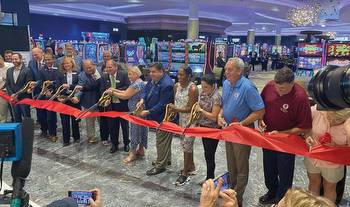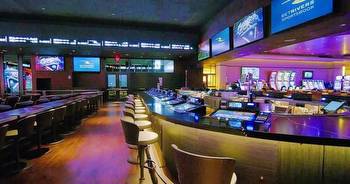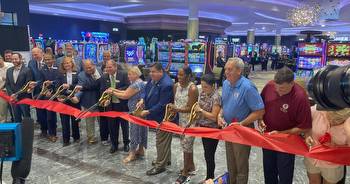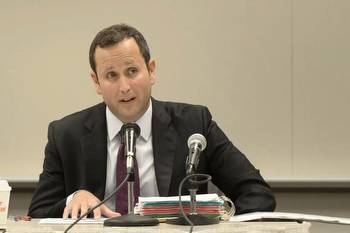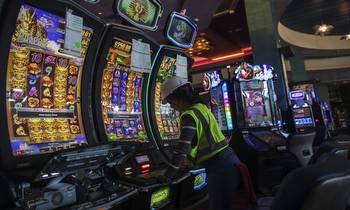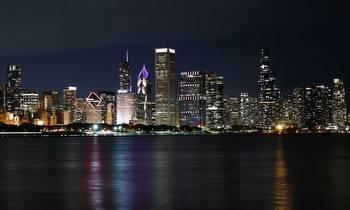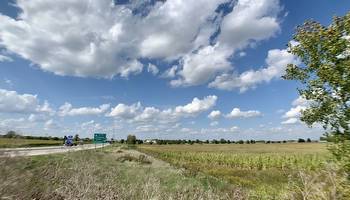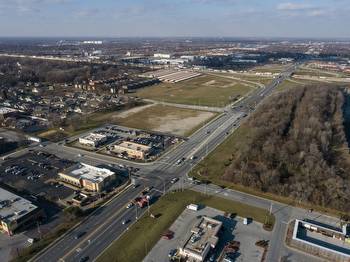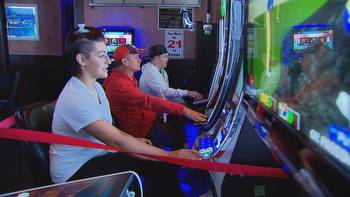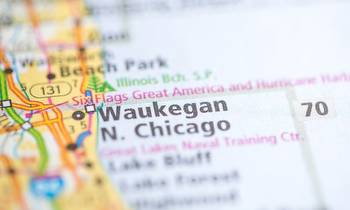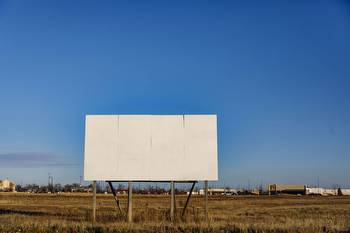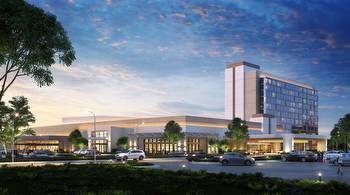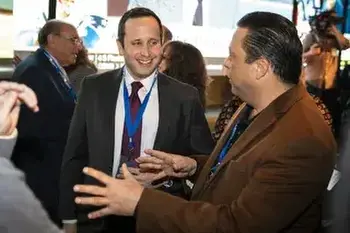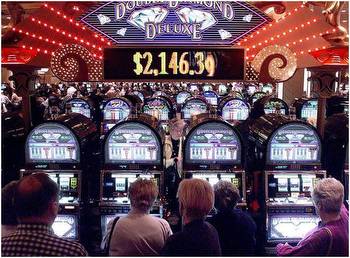Illinois gambling tax revenue grows to nearly $2 billion
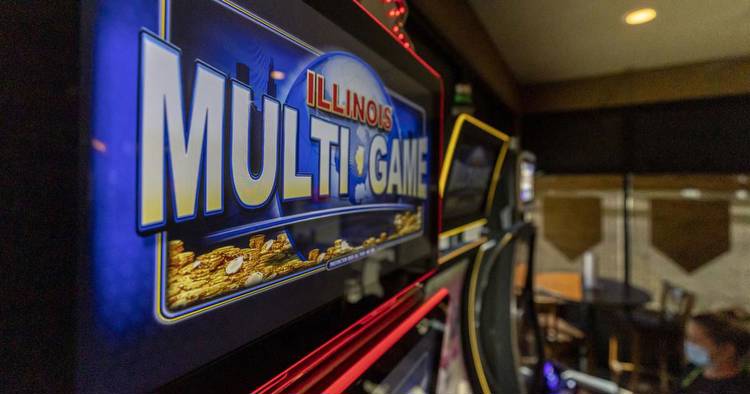
SPRINGFIELD — As the saying goes, the house always wins.
And as gambling continues to expand across Illinois, that saying increasingly extends to state government coffers as revenue from the lottery, casinos, video gaming, sports betting and horse racing grew more than 5% to $1.99 billion in the fiscal year that ended in June, according to a report from the Commission on Government Forecasting and Accountability.
"It is expected that this figure will elevate even higher in the years to come as the video gaming and sports wagering industries expand and as more casinos transition to larger permanent facilities," the report concluded.
A closer look at some of the numbers:
- Adjusted gross receipts at the state's brick-and-mortar casinos grew 9.3% due to revenue growth at existing casinos and the opening of new casinos in Danville and Waukegan. Since the start of the new fiscal year, a new casino has opened in Williamson County, and a temporary casino in Chicago has opened its doors.
- Video gambling continued its meteoric rise, with net terminal income increasing more than 7% to $2.8 billion, which generated $959 million for state and local governments. There are now nearly 46,000 video gambling terminals across the state. Five years ago, there were less than 30,000.
- The lottery continues to be king, recording a record-high $3.61 billion in sales. Instant games such as scratch-offs accounted for about 56% of that total.
- In its third year, revenue from sports betting jumped 55% from $610 million to $949 million. This brought in $142 million in tax revenue. The handle, or amount wagered, was more than $10.4 billion.
- The only category to record a decline was horse racing, continuing a trend that exacerbated this year by the closure of Arlington Park in suburban Chicago.
There are a lot more nuggets that are worth dissecting and perhaps even warrant their own stories. But from the macro perspective, the takeaway is that the state's 2019 gaming expansion law is working mostly as intended.
Among other things, the law permitted six additional brick-and-mortar casinos, allowed for slots and table games at the state's tracks and legalized sports betting. The law also allowed an additional video gaming terminal at each establishment and upped the state’s take of video gaming revenue to 34%.
Some of the new brick-and-mortar casinos (Danville, Williamson County) have opened. Others have opened temporary sites while construction is ongoing (Chicago, Rockford and Waukegan). Plans to open a casino in the south suburbs are also in the works.
The growth in the amount of video gaming terminals and the increased tax rate have contributed to the healthy revenue increases there.
While no "racinos" have opened at the state's racetracks, their slice of the revenue pie has become so small that it is largely unnoticed.
Much of this new revenue from the gambling expansion goes towards funding the state's capital construction program.
The question, as it is every year, will be whether gambling reaches a saturation point in Illinois. COGFA officials leave that unanswered.
But "from a state revenue perspective," they said, "the ultimate question will be whether or not the tax revenue generated by the 'winners' will be sufficient enough to offset the tax revenue lost by the 'losers' in this competitive gaming market."
For now, it appears, the house is still winning.
Illinois population study
"Illinois’ population is not booming, but it is also not declining as rapidly as naysayers suggest."
That is the conclusion of a fascinating new report from researchers at the University of Illinois at Urbana-Champaign and Illinois Economic Policy Institute that challenges widely-held but largely-anecdotal evidence of significant outmigration from the Land of Lincoln.
Two conclusions stood out to me:
Between 2010 and 2020, the number of taxpayers reporting more than $500,000 in adjusted gross income increased 80%, those earning more than $100,000 but less than $500,000 grew 52%. And those claiming the Earned Income Tax Credit dipped 11%. Translation: contrary to the popular narrative, wealthy people are not fleeing in droves due to high state and local taxes.
The report found that while the U.S. Census Bureau "significantly undercounted" Cook County and "somewhat undercounted" the suburban collar counties during the 2020 count, estimates showing downstate population loss "were more accurate." Though the trend of rural population decline is not unique to Illinois, it is unfortunate and something that policymakers will need to address.
In any case, the report presents a much more nuanced view of the state's population patterns than is often depicted by some commentators and politicians who disagree with the policies set by state lawmakers.
U.S. House drama
Rep. Steve Scalise, R-La., on Wednesday won a secret ballot vote among his fellow House Republicans to officially become their nominee to succeed Rep. Kevin McCarthy, R-Ca., as House speaker.
He edged out Rep. Jim Jordan, R-Ohio, and now will be tasked with securing a majority on the full House floor — a difficult task given Republicans' narrow majority.
Rep. Mary Miller, R-Hindsboro, publicly backed Jordan while Rep. Mike Bost, R-Murphysboro, told Punchbowl News ahead of the vote that he was likely to back Scalise. Rep. Darin LaHood, R-Peoria, did not reveal who he voted for on the initial ballot.
When a new speaker will be installed is unknown, though pressuring is building following the terrorist attack carried out by Hamas militants in Israel last week and the subsequent war that has started.
Rep. Nikki Budzinski, D-Springfield, told Lee Enterprises earlier this week that it was time for Republicans to "put the drama aside" and "get new leadership in place."








